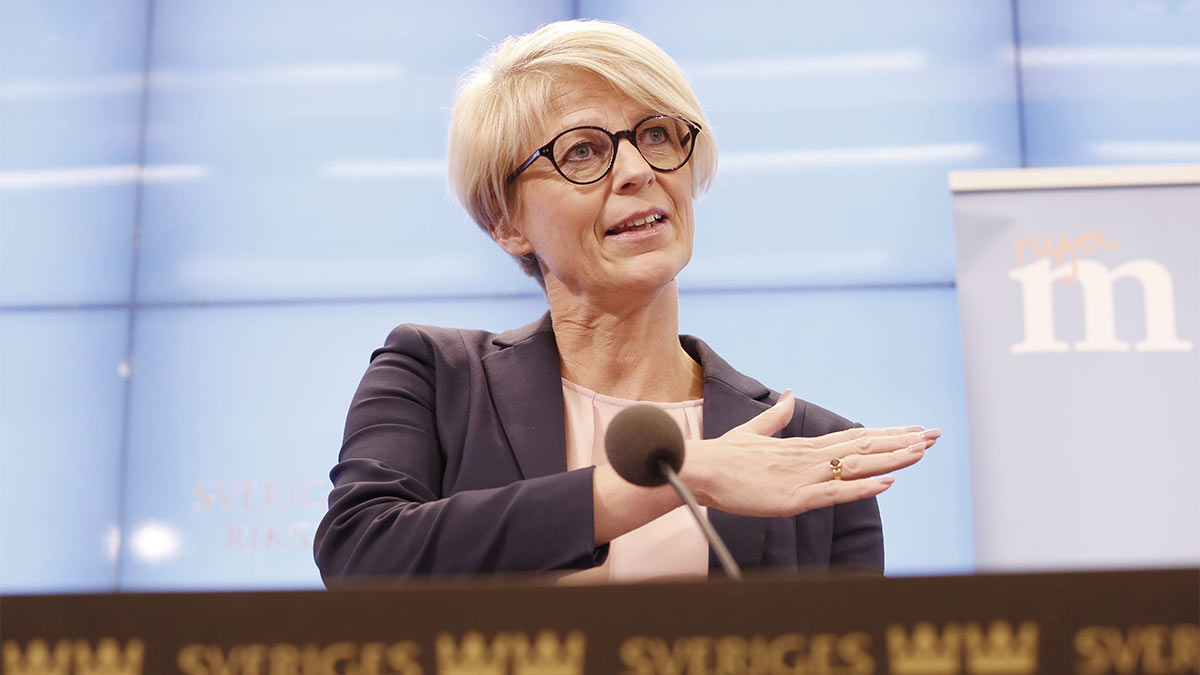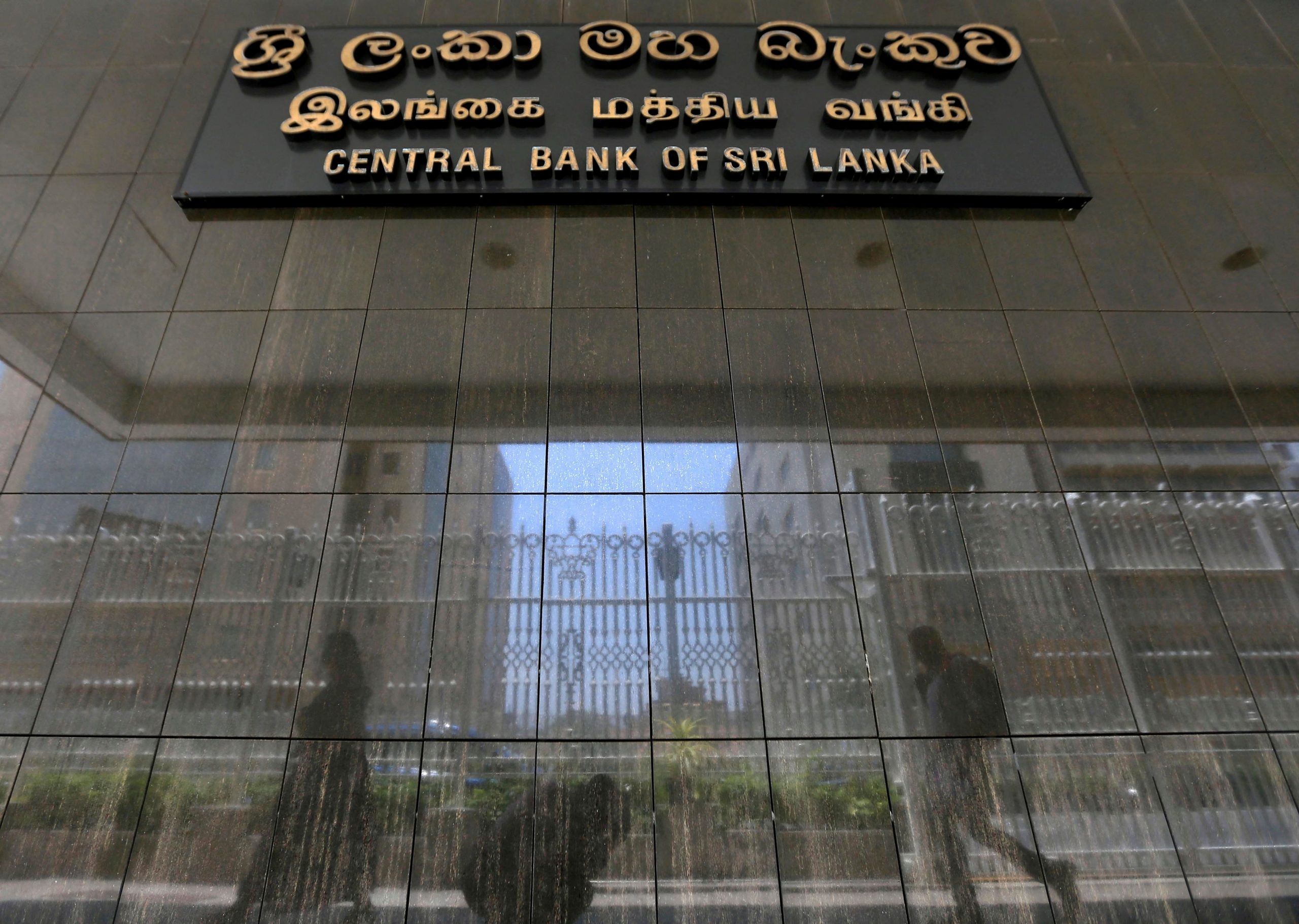In a groundbreaking decision, the European Union (EU) has unanimously approved a comprehensive set of regulations to govern cryptoassets, marking a significant step in global financial market regulation. The EU’s move puts pressure on countries like the United States and the United Kingdom to develop their own regulatory frameworks for the rapidly expanding cryptocurrency industry.
During a meeting in Brussels, EU finance ministers endorsed the rules, which had previously received approval from the European Parliament. The collapse of the FTX crypto exchange has heightened the urgency to regulate the crypto sector, highlighting the potential risks and vulnerabilities in this largely unregulated market.

Elisabeth Svantesson, the finance minister for Sweden, which currently holds the EU presidency, emphasized the need to protect European investors and prevent the misuse of cryptocurrencies for illicit activities such as money laundering and terrorism financing.
Under the new regulations, companies operating in the EU will be required to obtain a license to issue, trade, and safeguard cryptoassets, tokenized assets, and stablecoins. These rules are expected to bring much-needed clarity and stability to the crypto market, offering enhanced investor protection and curbing illicit activities.
Crypto companies have expressed their support for regulatory certainty and urged countries to adopt the EU’s pioneering framework. They have also called for global norms to be established to address the cross-border nature of the industry.
However, responses from major players like the United Kingdom and the United States have been more cautious. The UK has proposed a phased approach, initially focusing on stablecoins and gradually expanding to other types of cryptocurrencies. The United States has relied on existing securities rules for enforcement actions while deliberating on the introduction of specific regulations and determining the responsible authority for oversight.
Hester Peirce, a commissioner at the US derivatives regulator CFTC, acknowledged the challenges of navigating the uncharted territory of crypto regulation during a recent conference. This sentiment reflects the complexity and uncertainty involved in determining the appropriate oversight role for federal and state authorities in the rapidly evolving crypto industry.
The EU’s landmark decision to regulate cryptoassets represents a significant turning point, emphasizing the need for comprehensive frameworks worldwide to accommodate the dynamic nature of cryptocurrencies while safeguarding investors and maintaining the integrity of financial markets.
As countries grapple with the complexities of the crypto sector, the EU’s approach serves as a potential model for effective regulation. The coming years will be crucial in determining whether other nations will follow the EU’s lead or pursue their own paths in the rapidly evolving financial landscape. The global community will closely observe these developments given the high stakes involved.
©traders-news.online










